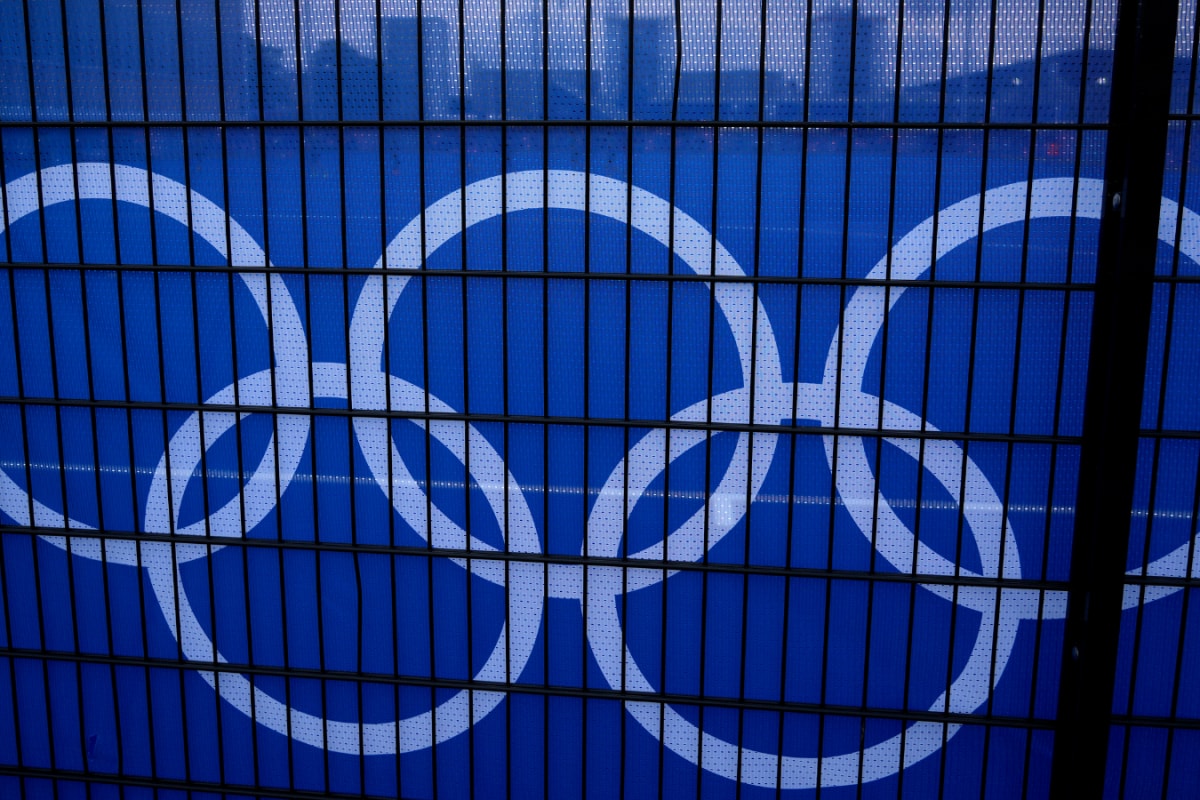

India's ambition to host the 2036 Olympic Games faces scrutiny from the International Olympic Committee (IOC) due to concerns over governance within the Indian Olympic Association (IOA) and a rise in doping violations. Despite India's strong pitch, emphasizing its large youth population and growing economic influence, the IOC has clearly stated that these issues need to be addressed before India can be considered a serious contender.
During a recent meeting at the Olympic headquarters in Lausanne, an Indian delegation, including IOA President PT Usha and Gujarat's Home and Sports Minister Harsh Sanghavi, presented Ahmedabad as the candidate city. They highlighted the potential benefits of connecting the Olympic movement with 600 million young Indians, envisioning a "generational springboard for socio-economic development, innovation, education, and youth pride". However, the IOC's response underscored the urgent need for India to resolve its internal issues.
One of the primary concerns is the governance crisis within the IOA. Internal disputes and a lack of consensus on key appointments, such as the CEO, have led to a standstill in decision-making. The IOC has even halted Olympic Solidarity grants due to the unresolved issues, further exacerbating the situation. The IOC has expressed that the IOA, national sports federations, and the government need to be aligned. Tensions between the Ministry of Sports and the IOA, particularly regarding the supervision of federations, have also been a point of contention. The IOC insists on the autonomy of federations but also emphasizes the need for greater harmony and a cohesive approach among all stakeholders.
Another significant challenge is the alarming rise in doping cases in India. The IOC has called for the implementation of strong anti-doping measures to combat this menace. India has surged to the top of doping nations in recent years, raising serious questions about the integrity of its sports programs. While the government has taken steps to address the issue, such as passing the National Anti-Doping Act in 2022, the problem persists. Sports Minister Anurag Thakur has stated the government has identified doping as an issue needing solving through education, awareness, testing, and technology. There is also a focus on compulsory anti-doping education for athletes, coaches, and parents, as well as randomized testing at state and junior levels. The minister has also expressed that those who facilitate drugs or doping to minors should be penalized under a strict law.
Despite these challenges, the Indian government remains optimistic about its chances of securing the 2036 Olympics. Hosting the Games is seen as a way to create world-class infrastructure, stimulate economic investment, and establish legacy systems that directly benefit athlete development. The government views the Olympics as an instrument to reshape the present and build a new generation that finds in sport a source of identity, development, and future.
To strengthen its bid, India is also considering including indigenous sports like yoga, chess, cricket, and kho kho, which could enhance its medal chances. The Sports Authority of India's Mission Olympic Cell has been preparing detailed reports on the measures needed for a successful bid.
The IOC's decision on the 2036 host city is not expected until after the election of a new IOC President. In the meantime, India must address the governance and doping concerns raised by the IOC to demonstrate its commitment to the Olympic values and enhance its prospects of bringing the Games to the country.